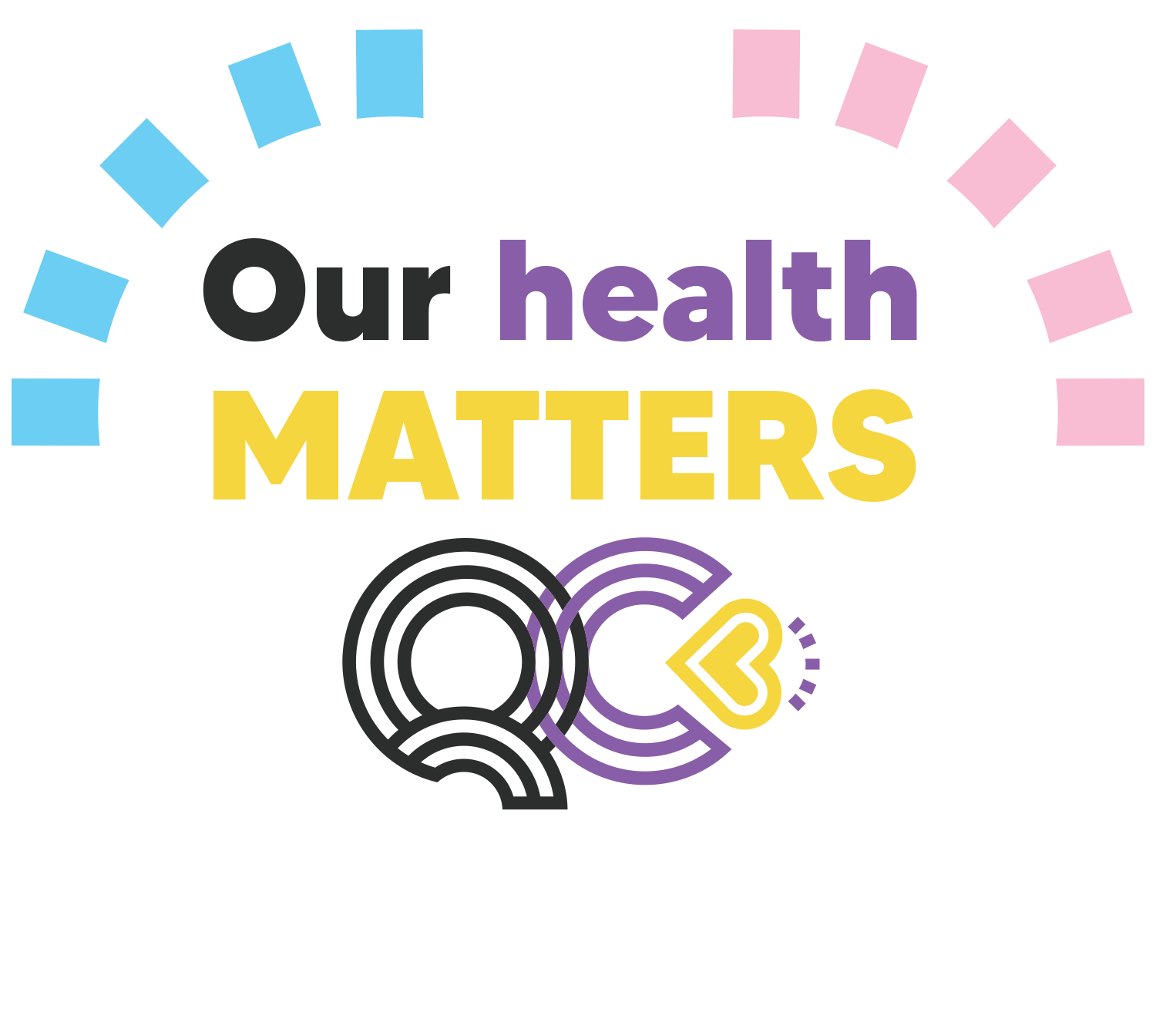
Dysphoria & Euphoria
Causes of dysphoria and euphoria are a very personal thing and it is important to remember that not everyone will experience these the same way, some may experience at different points of their life or it may be constant and ongoing. Strategies you use to manage dysphoria are also very personal, and there is no right or wrong way to go about it so long as you are respecting the boundaries and consent of those around you. Dysphoria isn’t a ‘necessary’ part of being trans, gender diverse and nonbinary, and instead we all deserve and have a right to feel euphoria - that is, happy, affirmed and at home with our gender identity and expression.
Knowing your triggers around dysphoria may allow you to avoid or manage them, or to take steps to slowly take away the intensity of negative feelings. We understand that this is not always possible, and it is important to be kind to yourself and practice self-care when
dysphoria strikes. Some people will embrace their trans identity and feelings of difference, or try and remain calm and relax and concentrate on the things about themselves that make them feel good. Some people write down their feelings, draw a picture or talk to a supportive person as a way of getting those feelings out. Some people will connect with community in person or online, where they can vent, joke or uplift each other in affirming ways. Others will find power in managing their presentation using fashion, make up, skincare, grooming, selfies, cultural expression, and take pride in improving their skills and knowledge in these areas, or sharing and exchanging this knowledge with others. It is important to remember that someone who does not have lived experience of our dysphoria may not understand it no matter how well we explain or articulate it, but often most people will relate to what makes them feel euphoric with their gender. Dysphoria and expectations of either being affirmed or misgendered will often influence how you people and services, especially in accessing sexual health and other medical treatment. Please remember to be safe and look after yourself, and explore ways that you can get the care and services you need to stay well.
Any level of dysphoria that you may or may not feel is completely valid and no one should judge others based on their dysphoria, or lack of dysphoria. Dysphoria plays no part in defining whether you are Trans, Gender Diverse or Non-Binary. Your identity does not depend on whether you experience dysphoria or not.
Managing Dysphoria, Maximising Euphoria
+
-

